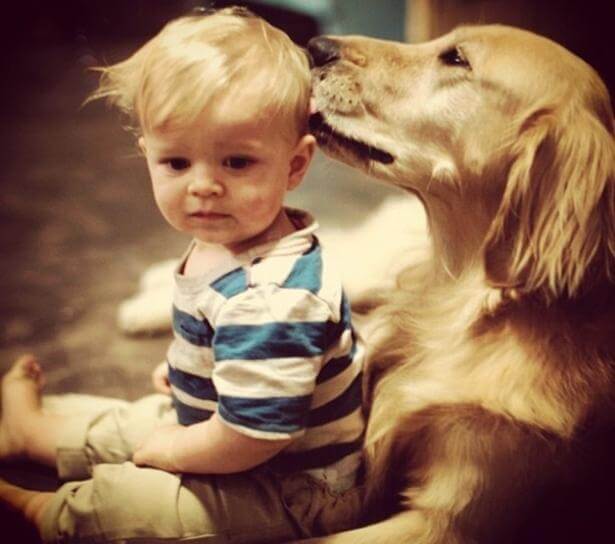If you share your life with one or more dogs, surely some of these questions have already come to mind: what’s behind your eyes, how can you understand so many things?Are they really intelligent beings, do they have a conscience?
For the first time, neuroscientists have devoted the therself to these issues in order to clear some of the doubts that have historically been in the minds of generations and generations of dog lovers, for this, a group of dogs was subjected to an fMRI scanner to observe the behavior of their brains, just as we do with humans. The results were very revealing.
- Before we know what the conclusions of neuroscientist Gregory Burns were.
- Let’s talk a little bit about what consciousness is.
- How to describe it? Consciousness is that knowledge that we have of ourselves and the world around us.
- Shaped.
- In turn.
- By a sense of morality: knowing what is good and what is bad.
- Knowing the world of which we are a part.
- And integrate.
- In turn.
- A sense of ethics.
Well, once this is clarified, we can continue to say that Dr. Burns’ results have revealed that dogs have a conscience comparable to that of a child. Your brain is rich in dopamine receptors, one of the neurotransmitters that work in caude. and brainstem, just like humans.
In people, caudado implies that we can anticipate the things that happen around us: knowing that a certain company is not pleasant, that it takes affection to be happy, that certain situations can cause discomfort in others and also in ourselves?
That is, dogs have a refined cognitive connection that allows them to recognize that certain situations are related to certain emotions, in addition, they are not only able to recognize their own emotions, but also the emotions of others. Have you ever noticed the presence and even concern of your faithful friend?
The brain structure of caudados is not the only one similar to that of humans: many other parts of the brain are activated in the same way as ours, for example, dogs feel, dream, think, are afraid of loneliness and are able to design. very simple programs to achieve basic goals. Scientists also talk about a concept called “brain homology”; this concept leads, for example, to dogs to establish rudimentary associations in the face of certain behaviors: if we are not at home, they know that they will feel alone, that they will not receive any love or food.
Dogs have an emotional attachment to us and this goes far beyond the practical or instrumental meaning, and this not only happens by a simple sense of food, think of these cases in which stray dogs manage to find their owners, even if they have moved to another city. . Or the death of their owners, when the sadness of loss is usually clearly visible in animals. Scientists talk about a bond, a union that remains established in them.
The ability to experience positive emotions, such as love and attachment, shows us that dogs have a level of wisdom very comparable to that of a human child, all of which arises to make us think of many things: that they may understand more than we think. , whether they are able to give us emotional support as sincere as that of one of our friends and who, believer or not, suffer as we suffer when they are rejected or abandoned.
So remember that this friend who looks at you with respect is also aware of being happy to live with you.

